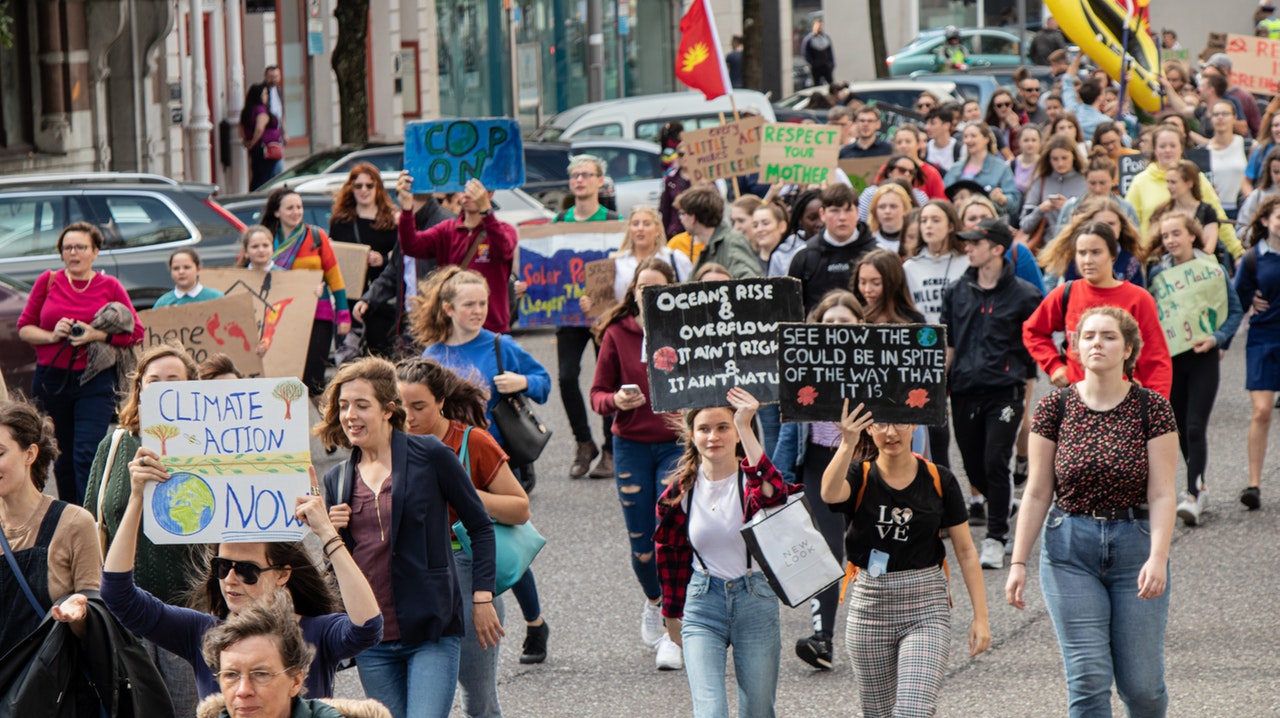You would be hard-pressed in 2019 not to be aware of the worldwide social movement and protests relating to climate change.
Clearly, our climate is changing; we are experiencing weather events that are more frequent and intense and last longer. The consequences will engage all health professionals.
Being conscious of the effects of climate change, like its effects on environmental and physical health, can lead to profound impacts on mental health.
Anyone who lives in rural Australia will be aware of the current impact of the unprecedented weather events driving the current drought and the associated severe degradation of the rural environment.
Just ask a farmer in rural New South Wales or Queensland what their farm looks like at this present time. Pictures of desolate, wind-swept paddocks, and dust storms come to mind, and fear of fire in the dying vegetation. These conditions cause considerable distress not only for farmers and rural residents, but entire communities.
Awareness of the changing environmental conditions, and that these circumstances will probably grow worse with rising temperatures, can be manifested as eco-anxiety – a mental state that has also been termed solastalgia or ecoangst . Put simply, eco-anxiety is a specific form of anxiety relating to stress or distress caused by environmental changes and our knowledge of them. There is no specific diagnosis for ‘eco-anxiety’, but self-reported presentations include panic attacks, insomnia, obsessive thinking, and/or appetite changes caused by environmental concerns.
As awareness of the impact of climate change on the environment grows, some people are spurred to act, such as those who protest, while others become overwhelmed and anxious. For some, the anxiety they are experiencing is so intense that they are paralysed and cannot act.
Mental health nurses and other mental health professionals need to take a leading role in reducing and responding to the distress related to climate change. We have an opportunity to minimise the negative impacts of climate change on mental health through our work with individuals, families, and communities.
We are trained to provide support for developing active coping skills and self-efficacy as well as promoting hope and social connectedness, as climate change adaptation strategies, to combat psychological distress. We should champion evidence-based climate-related mental health communication to build community resilience, share our expertise on environmental influences on mental health through research and policy briefings at local, state, and federal level, and support climate solutions.
This is an edited version of an editorial that appeared in The International Journal of Mental Health Nursing by Professor Kim Usher, Joanne Durkin and Associate Professor Navjot Bhullar from the University of New England.


